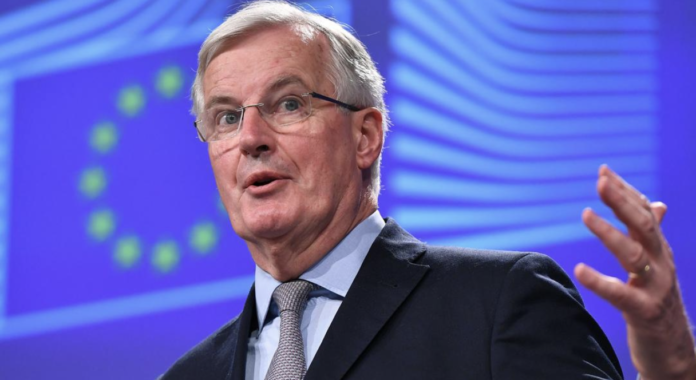By: Aarav Sapra
President Emmanuel Macron has recently declared Michel Barnier France’s new prime minister. With roughly 52% of polls agreeing with Macron’s decision, this sudden shift marks a new era in French politics with the welcoming of an experienced politician.
For some background, Michel Barnier is an individual that has served in multiple French cabinet positions, including the European Commissioner for Internal Market and Services from 2010 to 2014 and the vice-president of the European People’s Party from 2010 to 2015. Many individuals believe that his appointment as Prime Minister is quite necessary for France, as the country faces quite a few challenges, including its economic recovery process, social issues, and international relations. Moreover, the BBC described Barnier as a “committed, patriotic conservative in the tradition of Charles de Gaulle.” Due to Barnier’s relationships with European and French politics, President Macron’s decision acted as an advantage for the French government and was, in fact, a strategic move to leverage this opportunity in managing France’s current issues.
Barnier’s new role will allow him to contribute to leading the French government, while also being able to implement new policies. The prime minister has already started to take on some of the French politics shortly after his appointment, such as forming a new government by next week. Barnier said in his first TV interview that he would defend some of the president’s policies and toughen the government’s immigration stance. His statement consisted of quotes such as “You get the impression that the borders are as porous as a sieve, and that migration flows are not under control. We are going to change that”.
However, there are also some mixed reactions to the new Prime Minister. Barnier faces a severe battle to reform a government with a shattered and fragmented parliament, an unhappy left wing, and a far right-wing which continues to hold vital influence in French politics. Additionally, Barnier’s own party, Les Républicains, only holds 47 seats in the French National Assembly. Although they have backing from Member of Parliaments who support President Emmanuel Macron, Barnier can only rely on the support of about 200 lawmakers, which is far short of the 289 needed for an absolute majority. Now, Barnier holds a burden and needs to fill out his cabinet with at least four different profiles to satisfy as many MPs as possible, which emphasizes the importance of the political situation.
As France undertakes this new chapter with Michel Barnier, his success in the role will be dependent on his ability to handle France’s major issues while also maintaining stability for the French government and its people. In summary, Michel Barnier’s as France’s new Prime Minister is a significant development in French politics. With the experience and background, Barnier is trusted to play a key role in guiding France through its current challenges and shaping the nation’s future.

